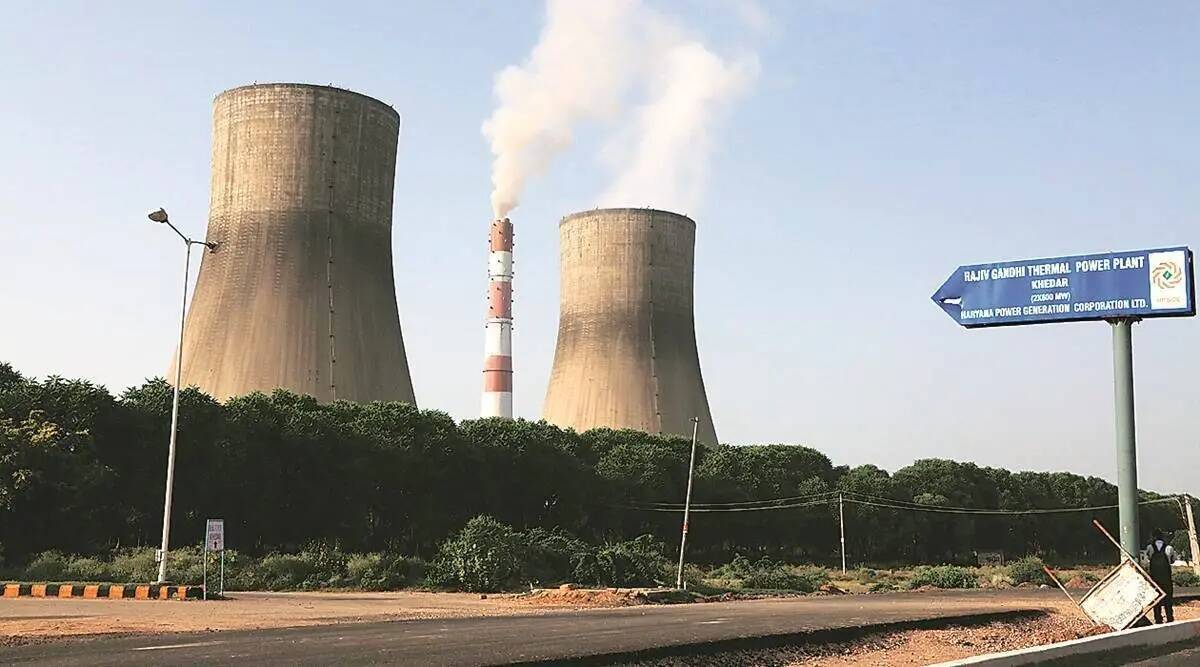Ministry seeks funds for coal-fired power plants, but banks are about to say no
Taking inspiration from the Reserve Bank of India (RBI), banks are likely to decide not to fund the working capital needs of 13 imported coal-fired power stations – a key part of the Department of Energy’s proposal. Union on the revival of these units as part of an extension series of measures to alleviate the persistent shortage of electricity.
The units include three phases of Adani Power’s Mundra station, Essar Power Gujarat and JSW Ratnagiri projects, and Coastal Gujarat Power Ltd. of Tata Power, most of which are currently closed due to fuel issues and are classified as non-performing assets. on bank books.
This comes after the RBI, in a missive sent in mid-May, asked banks to exercise caution in lending to such power plants and also asked banks to provide details of exposure to these 13 projects. listed by the Department of Energy. Subsequently, at a meeting held the last week of May, the banks decided not to proceed with the proposal of the Ministry of Energy.
“We cannot provide funds to these power companies based solely on the order of the Department of Energy and any support, if provided, will only be based on the merit of a particular case,” said a senior banker who declined to be identified. There is a consensus among banks on the issue, the banker said.
The best of Express Premium
 Prime
Prime Prime
Prime Prime
PrimeThe RBI did not respond to emails sent on the matter.
The regulator and banks must look at any borrowing from a long-term perspective to ensure that any new exposure taken by banks does not turn into a bad loan. A recent report by BofA Securities estimates that banks could take a hit of around Rs 37,200 crore as they liquidate 10 power projects that found no takers in the insolvency process.
The bankers said they would soon brief the RBI and the Ministry of Finance on the matter. “No ministry can ask banks to finance sick projects. We cannot use public money to finance projects that may not be viable,” a banker said.
Earlier in May, as the country faced an energy shortfall due to an unprecedented surge in demand due to the intensification of the heat wave, the Ministry of Energy had asked all imported coal-fired power plants to start operating at 100% capacity and indicated that these plants needed working capital to buy coal to restart their operations.
With rising temperatures, electricity demand hit a new high of 209.8 GW (gigawatts) on Wednesday, surpassing the previous record of 207 GW on April 29 this year. This increase in demand has been partially met, mainly thanks to a 16% annual increase in domestic coal shipments to thermal power plants, alongside coal imports and a ramp-up in hydro and wind power generation. Although peak demand has been managed so far, there are demand projections peaking at 220 GW between July and September, when the monsoon will impact coal mining and shipments.
Last month, the Ministry of Energy also ordered state-owned Coal India (CIL) to import coal for public and private power generation companies, just weeks after these gencos received ordered to import coal for a 10% blend, but were then instructed to keep their tenders “in abeyance”. Several states had asked CIL to transport coal from international markets.
On Thursday, CIL launched a tender to supply 2.4 MT (million tonnes) of coal for the July-September period. The estimated value of the contract is Rs 3,100 crore, CIL said in the tender document. The imported coal would be supplied to state-owned gencos and independent power producers including Sembcorp Energy, JP Power, Avantha Power, Lanco, Rattan India, GMR, CESC and Vedanta Power.


Comments are closed.